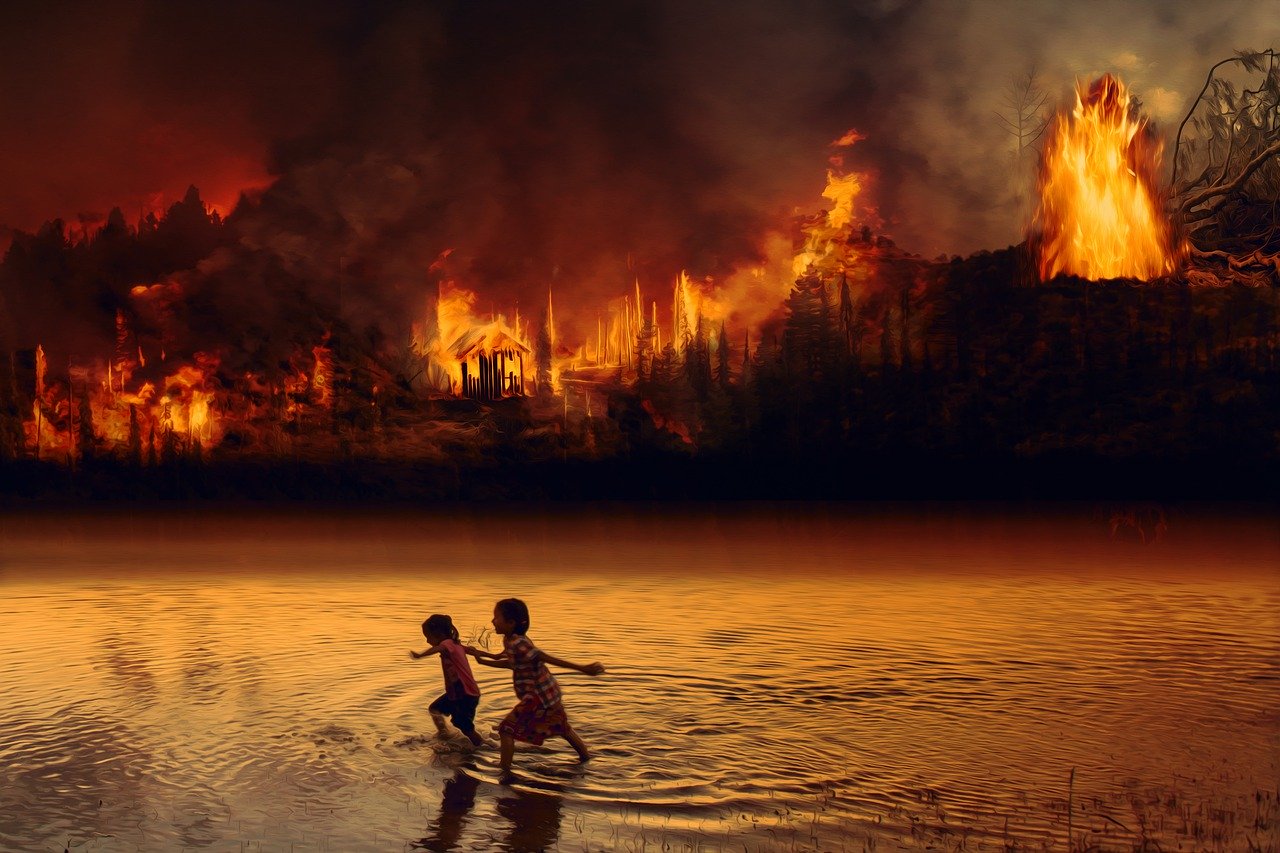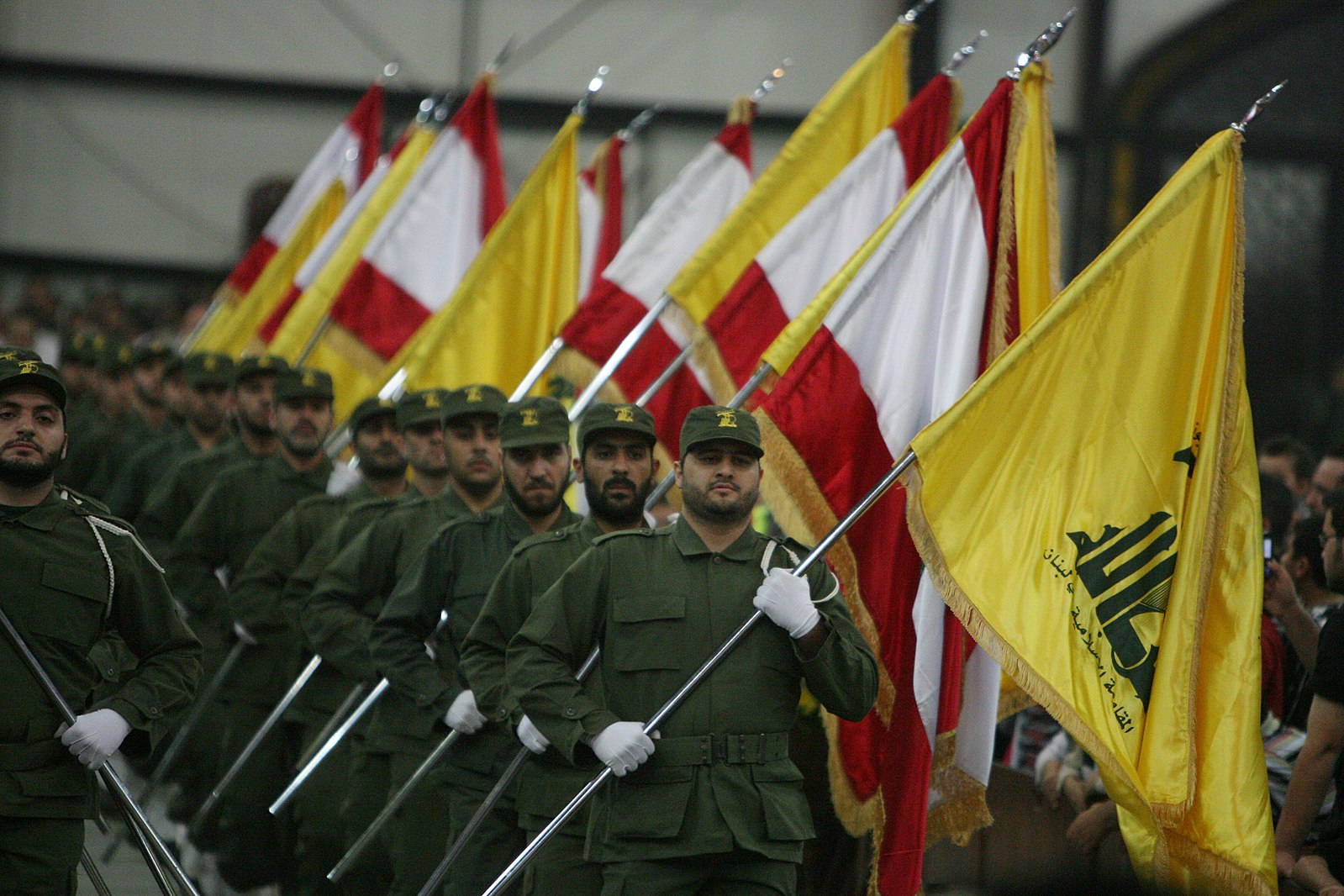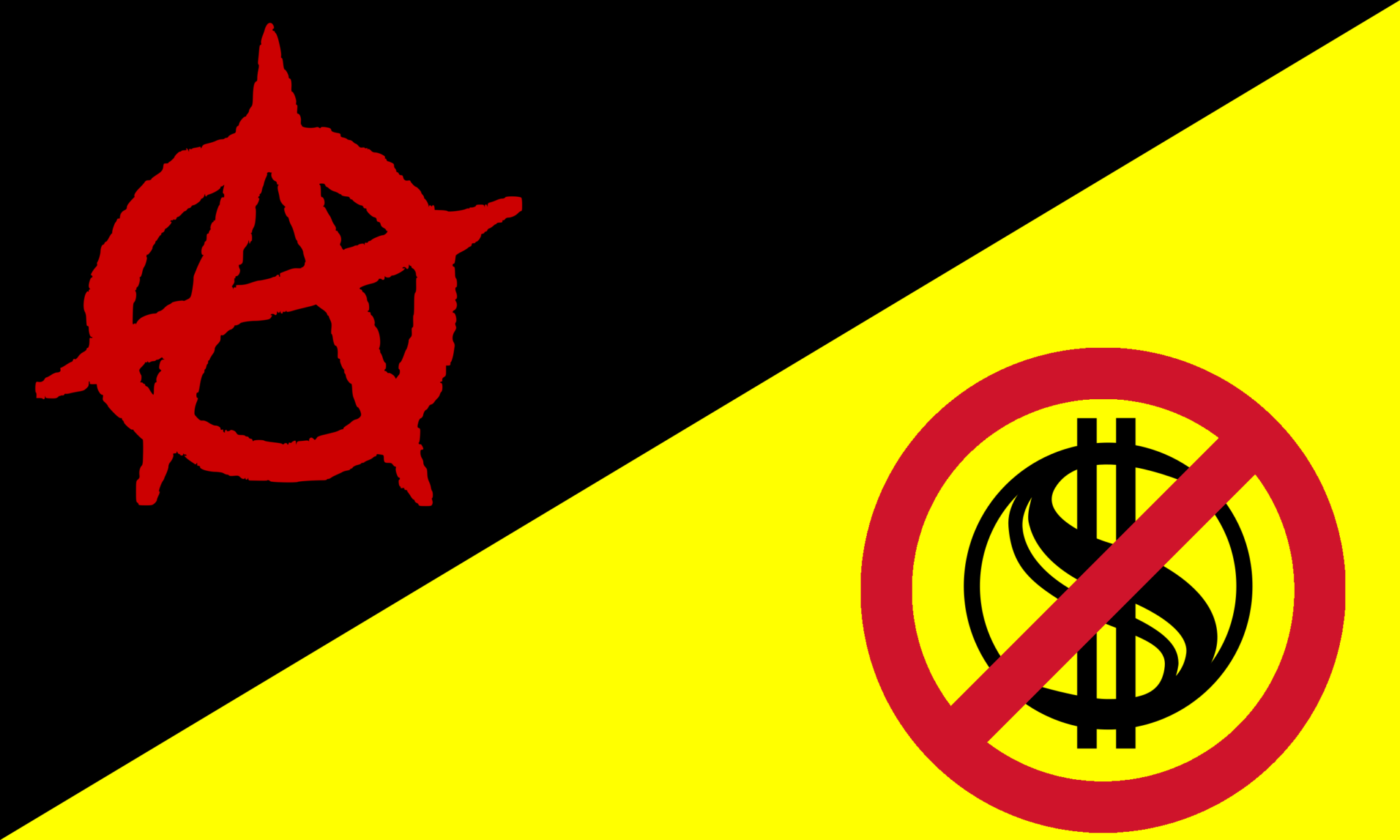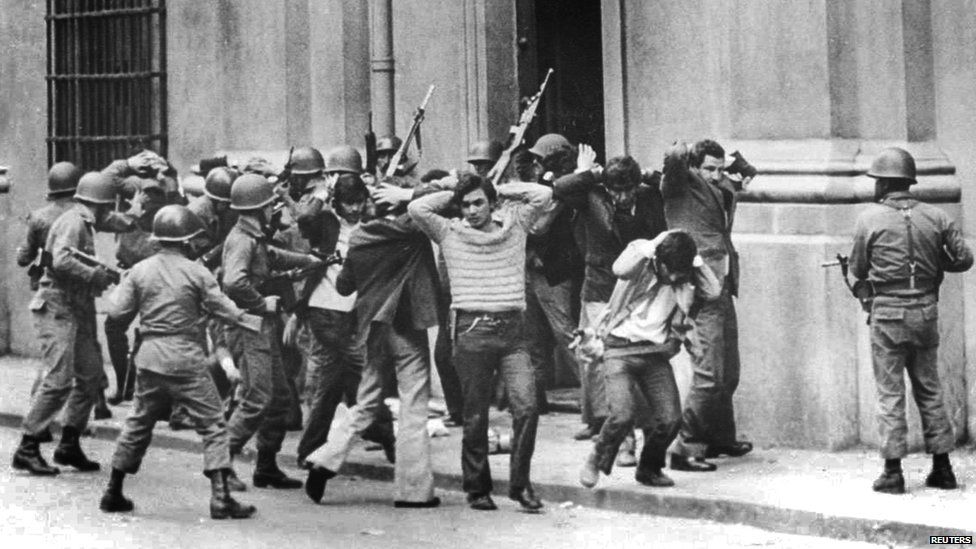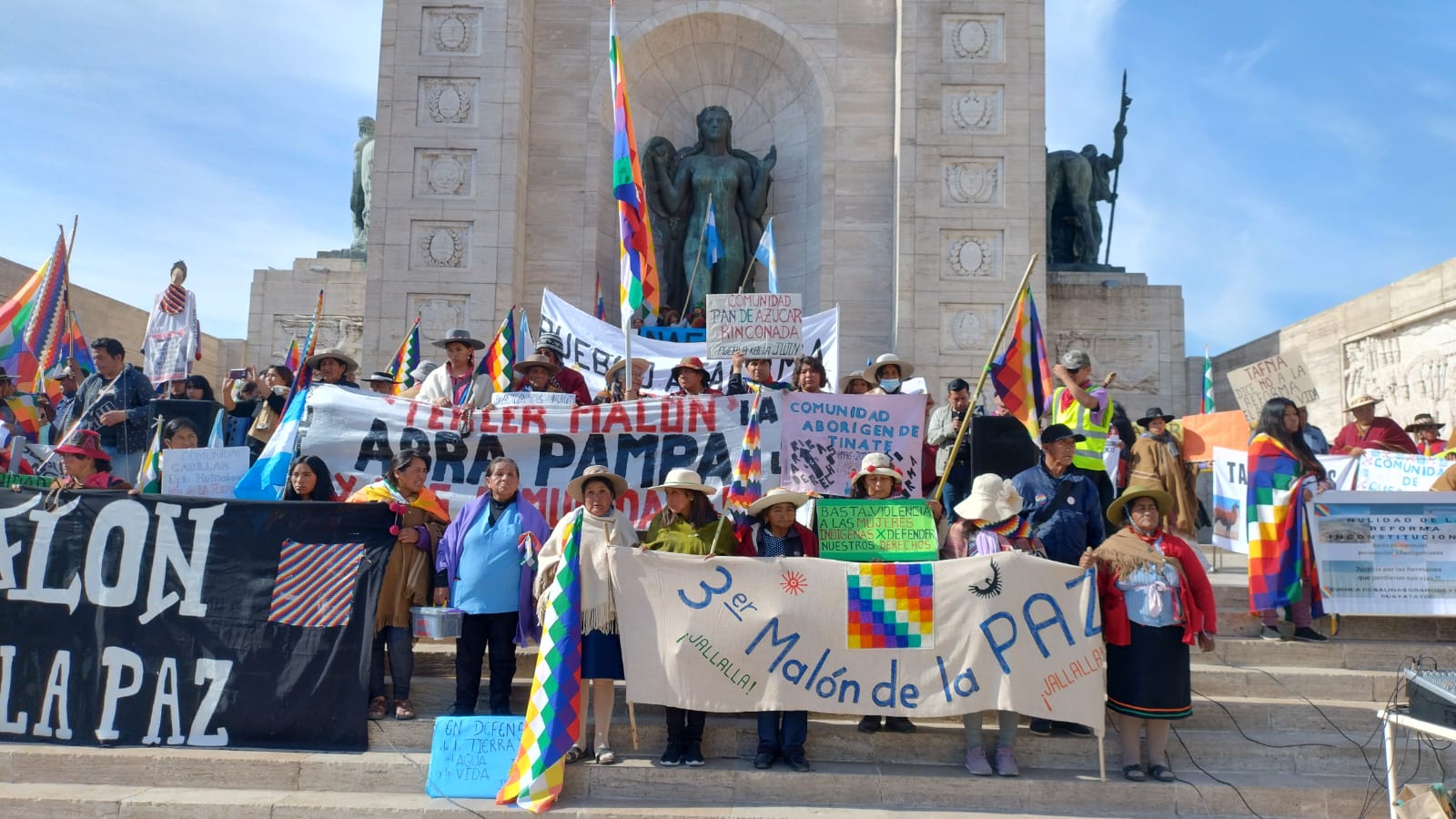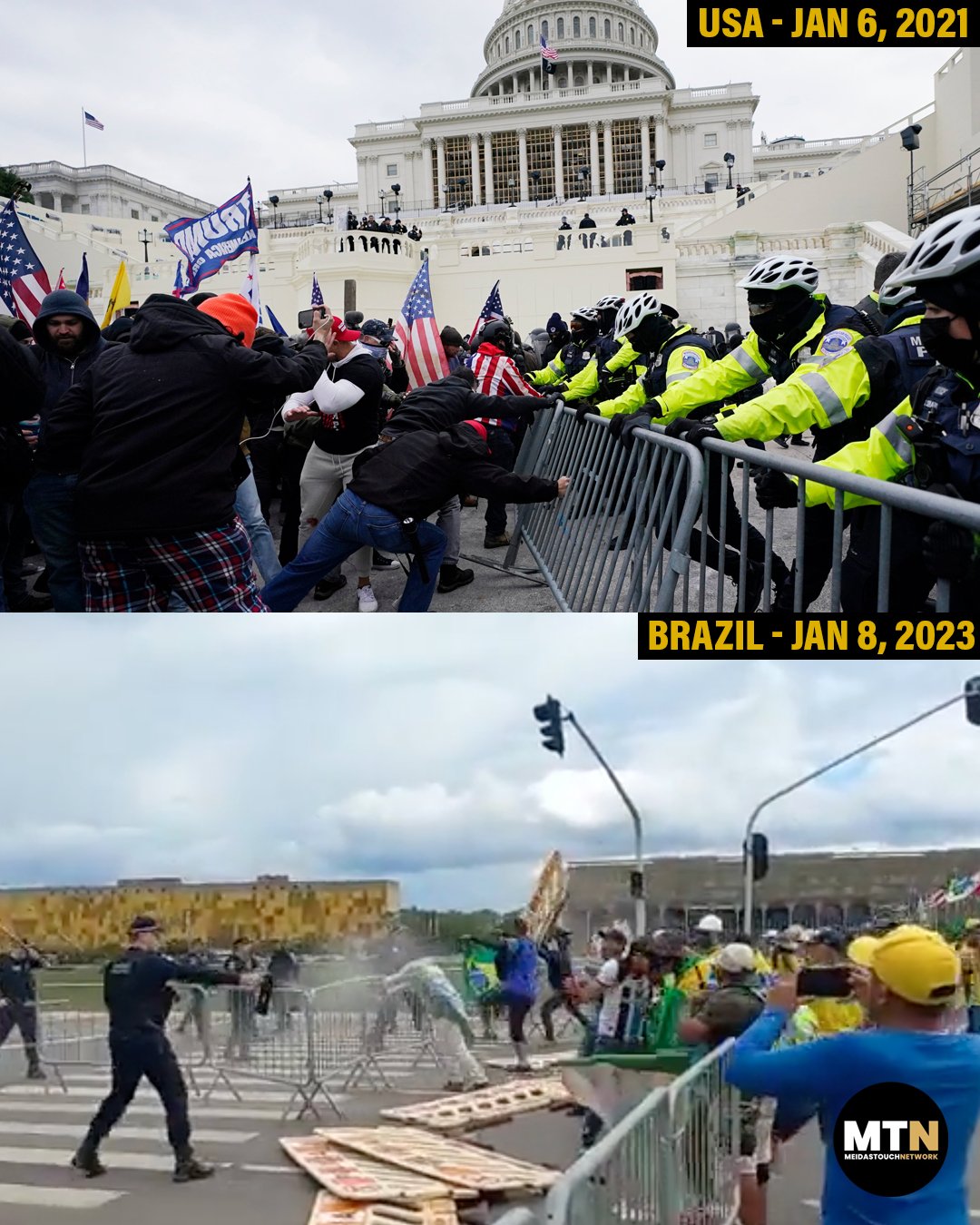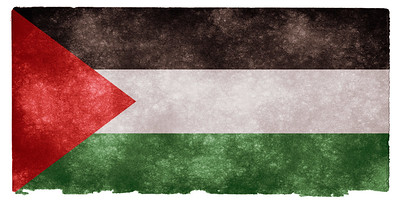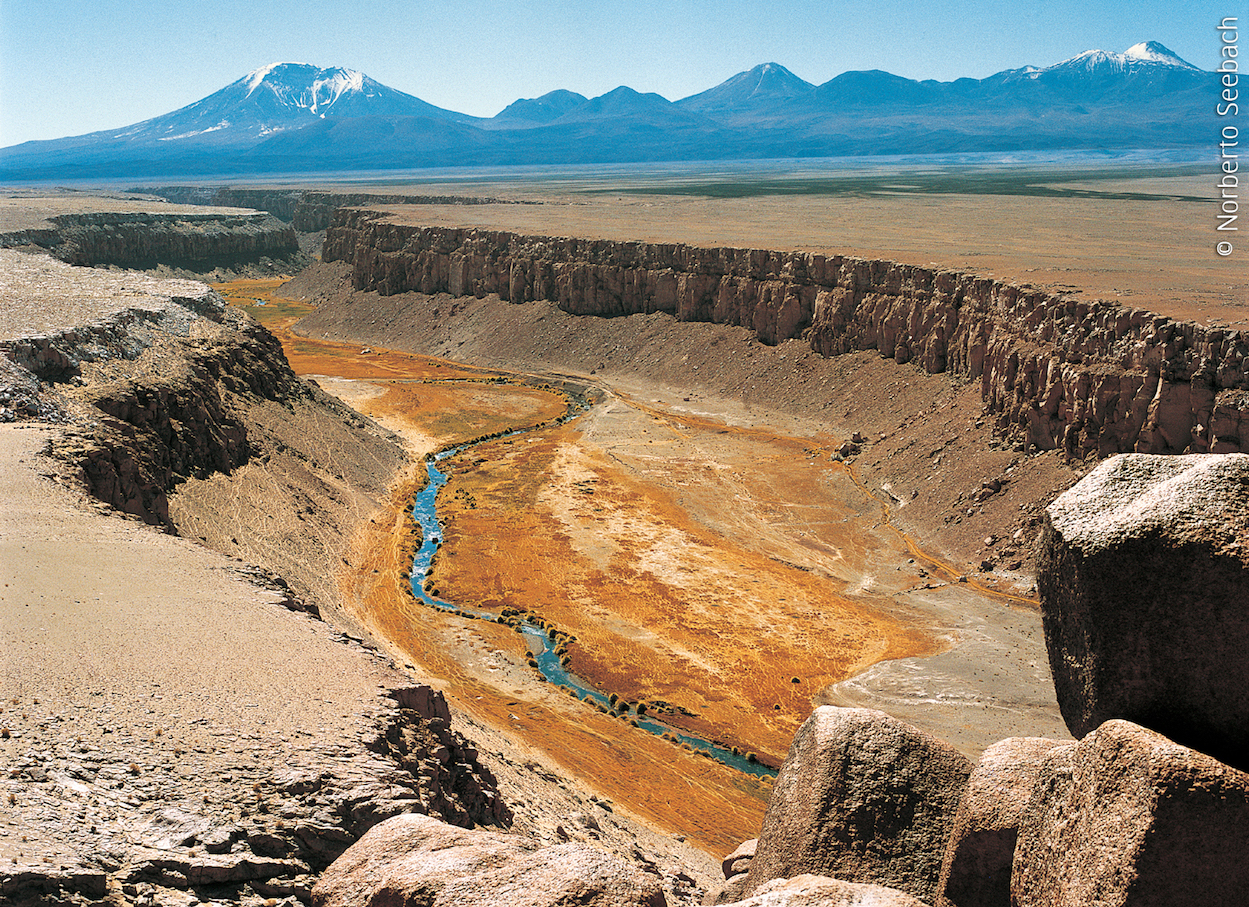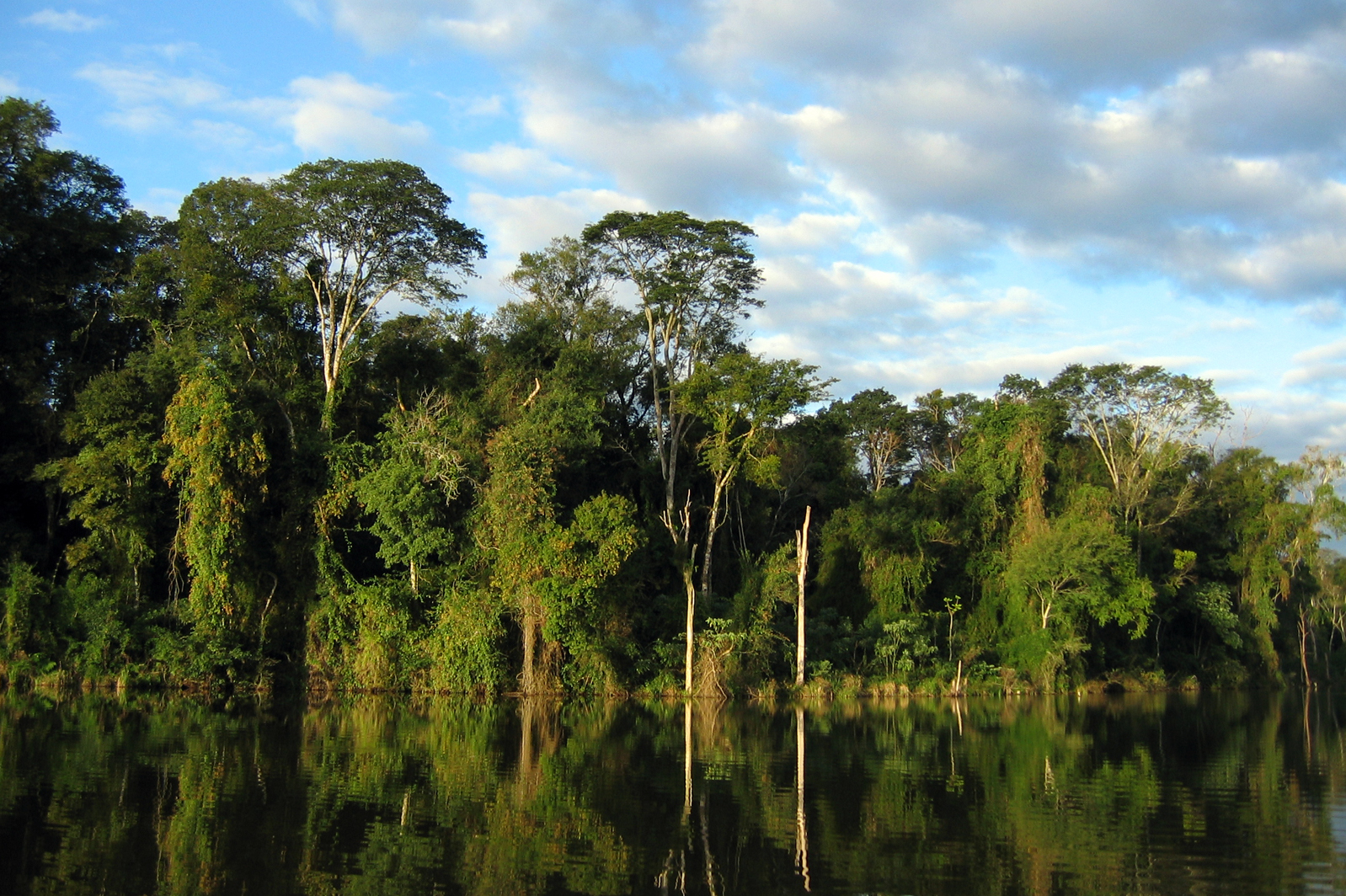
Paraguay: major operation against timber trafficking
Paraguay authorities have arrested 26 suspects, dismantled two criminal networks, and identified 12 companies engaged in systematic illegal deforestation and trafficking of native tree species. The Paraguayan government, along with INTERPOL and 14 other agencies, launched Operation Panthera Onca to combat environmental crimes and the exploitation of natural resources in the Tri-Border Region where Paraguay, Brazil and Argentina meet. (Photo: Ilosuna via Wikimedia Commons)




